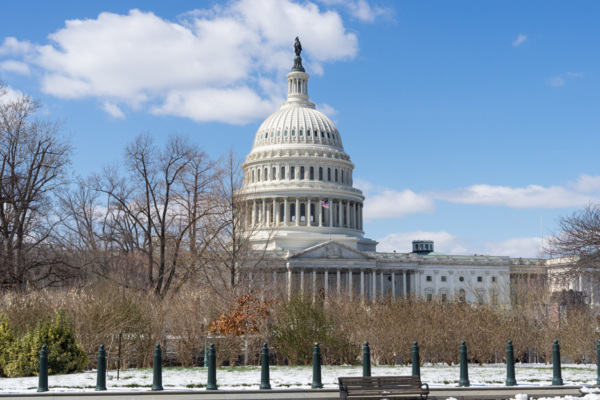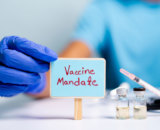This will be one of the most consequential weeks of the year for Congress. Government funding expires on December 18 following a one-week extension, so lawmakers are working toward a deal to fund the government for either the rest of the fiscal year (which ends in September) or until sometime in the first quarter of 2021.
Congressional negotiators also continue to hammer out a Covid relief bill to pass in conjunction with the spending bill.
Among the non-controversial Items are:
- Extended unemployment insurance eligibility;
- A second round of Paycheck Protection Program (PPP) funding;
- Money for vaccine distribution and testing; and
- Funding for schools.
- Liability limitations for COVID-related claims. Congress is now considering short-term liability relief (i.e., a 12-month moratorium on any litigation regarding COVID-19 exposure claims absent gross negligence);
- Additional money for state and local governments that would likely be tied to population up to a cap;
- Direct stimulus payments to Americans (~$600/person up to a cap);
- Federal unemployment supplement (~$300/week); Some companies, including Walmart and Home Depot, have reinstated "hero incentives" to employees working during the pandemic. Many companies did this temporarily early on in the pandemic;
- Making PPP loans tax deductible;
- Direct relief for the restaurant industry;
- Additional money for airlines and transportation.
Beyond the near-term policy implications, how this all plays out will be a real indication for how the legislative process could work next year. If it passes, it would be a template for how other legislation can clear Congress (i.e., a bipartisan working group comprised of moderate senators). If it goes nowhere, it will serve as a stark warning that a divided Washington will not be able to effectively govern.
Subscribe to Updates
NATSO provides a breadth of information created to strengthen travel plazas’ ability to meet the needs of the travelling public in an age of disruption. This includes knowledge filled blog posts, articles and publications. If you would like to receive a digest of blog post and articles directly in your inbox, please provide your name, email and the frequency of the updates you want to receive the email digest.

